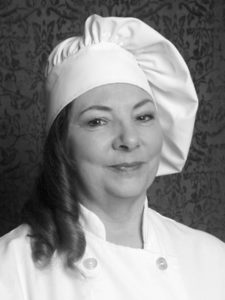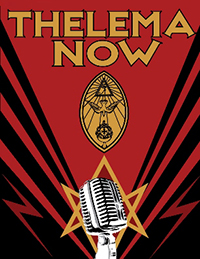
This presentation is about food and its magical correspondences. It is also about how those magical correspondences can be of great benefit to every magician. I’m going to share with you how this can be done, and then you will be able to take that information and make it work for you and members of your local body. In fact, I promise you that before I am finished, you will never think of food in the same way ever again.
What I’m going to present has been around for hundreds of years. At least since 1653 when an English botanist, herbalist, physician and astrologer, Nicholas Culpepper published the first book about this concept. Born in 1616 in London and trained as a pharmacist, he is responsible for cataloguing and writing about the pharmaceutical uses of hundreds of herbs and plants, and the belief that medicines from plants should be made available to the public. He was despised by physicians for treating his patients often for free. He did not believe in bloodletting or treating patients with poisons like mercury, practices that were so common at the time. The Society of Apothecaries also criticized him for his cheap herbal remedies, instead of selling their expensive potions. To this day, modern medicine is indebted to his studies on many plant extracts, which influenced the evolution of modern pharmacology, such as the medical use for foxglove in the treatment of heart conditions, and many other herbs and plants that modern medicine has continued to use.
I discovered the work of Culpepper when I began to study herbalism in my twenties, and used his book, The Complete Herbal, as a reference (originally printed in 1653, and which has been reprinted repeatedly for centuries). Culpeper was educated at Cambridge with studies in Latin and Greek, but his interests took root in astrology and medicine. He went to work as an apprentice for seven years with a master apothecary in London, and during this time he carefully catalogued all herbal and plant medicines of the time by collecting and processing them. He married a young woman with means, which allowed him to open his own apothecary shop, and he set to work as a botanist and physician to treat the poor. He believed that medical treatment should not be just for the wealthy. He was able to translate from Latin, the Pharmcacopia Londonesis into English, which he published in 1649, much to the disdain of the physicians of his time. This most important work on plants, which described the virtues, qualities, and properties of every plant known at the time, allowed him the opportunity to study even more in detail, the medicines of the Old Latin world and the works of Galen and Hippocrates. In this book he also included information about child growth in the womb and child delivery, and because of this early study, Culpeper came to be considered the Father of English Midwifery. It was through these studies and his continued work in astrology that he was able to add to his knowledge, by combining his knowledge of medicine and astrology. He was able to see direct correlations with plants to astrological aspects with each plant. Thus, four years later when he published The Complete Herbal he was able to be even more precise with his assignations. Tragically, his life ended at 38 after suffering from tuberculosis, which was not curable at the time. It is, from studying his work that I began to look at plants in a new way.
Sparked by writings such as his, I turned my attention to working with herbs to both heal my self and use them abundantly in my cooking. In fact, I launched a 20-year career of working in the food industry, earning a degree in Food Service Management, training as a chef, working as a manager and chef for some top restaurants in San Diego County, and opening my own catering business. At the same time, I began working in my first magical practice as a priestess in Egyptian ceremonial magic, and continued to explore other magical traditions, as well. I was a priestess in the Majestic System, a Western European form of Wicca; in the Celtic Celestial Order of Bards, Ovates and Druids; in the Aridian tradition of Italian Strega, in the Northumberland Faerie tradition, and the Eleusinian Greek mysteries, with some Hawaiian Huna magic, as well. For several years, I was celebrating five different New Year’s traditions. In time, I ceased practicing all the above traditions and took up Thelema full time. But, it wasn’t until I began working for a top vegetarian restaurant that I began to make the important connection between practicing magic and cooking magically.



